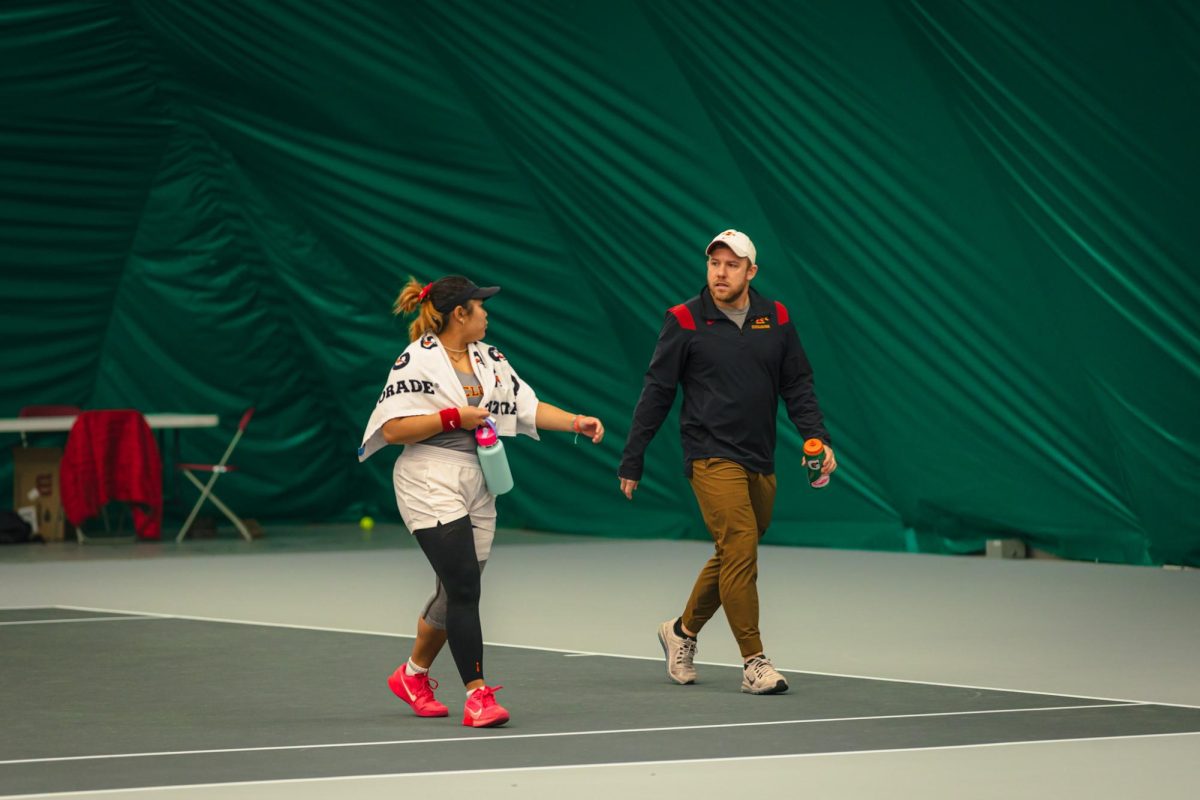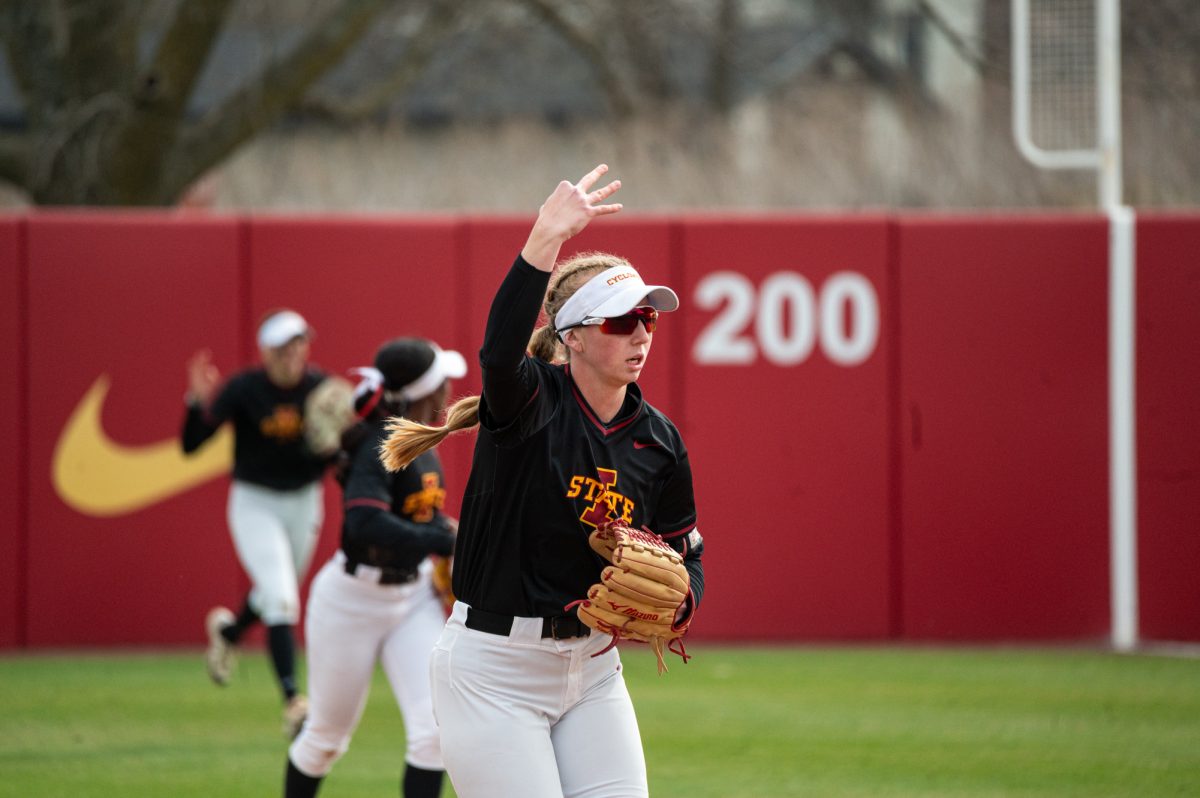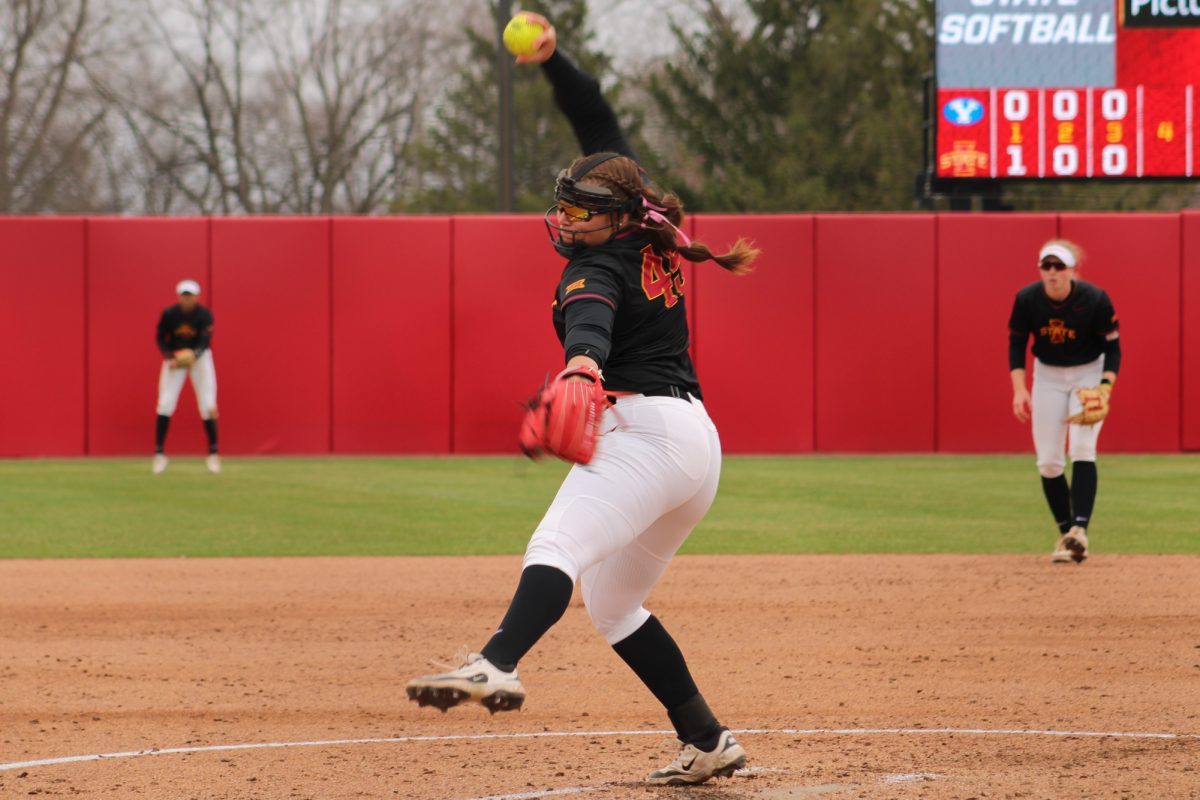Neuendorf: Ugliness breeds work discrimination
March 31, 2014
We have all heard about discrimination concerning race, religion and gender, but one that is frequently overlooked by law, yet is possibly the most experienced in our daily routine is that of ugliness.
Ugliness is difficult to interpret or define, which is why it is even harder to determine if it is a basis for inequality. Rarely are we given an opportunity where it is blatantly used as a weapon against those who are deemed to have it.
But in the past few years, restaurants have been a breeding ground for this obscure discrimination. Most recently, various restaurants in New York City required waiter applicants to send in headshots along with their applications. This makes it fairly obvious that their appearance plays a role in whether or not they will be hired. Only bad people care if their waiter is hot or not.
In France, the rudeness is switched onto the customers at multiple expensive restaurants, including Le Georges, seated in accordance to their attractiveness. The beautiful people are reserved for the front, where they can be easily seen by all, while the less fortunate are forced to seats in the back, hidden from potential customers. The decision of the patrons’ appeal is entirely in the subjective hands of the host.
Multiple cases have reached our courts, but it is challenging to decide if one is indeed ugly and whether that was the reason for not being hired or for unequal treatment. Because of this struggle, most incidents go undocumented.
Although both of these situations are relatively harmless to someone’s self-esteem, it is telling of the society we live in. It also reveals which restaurants deserve an immediate boycott. It is ‘lookism,’ and it earns a spot on the list right next to ageism — discrimination we all have probably practiced, but need to stop.
Beyond the world of modeling and acting, what role do looks play in one’s performance? Apparently too much. Understandably, appearance often equates to professionalism, but that takes into account a dress code, not the way one’s face is arranged — traits bestowed upon them at birth. That is something only copious amounts of plastic surgery could change, which is equally and more outwardly frowned upon.
The simple solution is to quit it. So-called “ugly people” have it tough in just about every corner. They are prone to make less money, get worse deals on mortgages and struggle more when seeking friends and romance because people discriminate against anyone who looks odd or “other”.
Is this not the core of racism, sexism and all other “–isms?” Ugly can be used to describe how one feels about anyone who does not meet his or her standards. This style of oppression can be as simple as avoiding eye contact with someone because his or her nose does not please you.
This disparity has existed in history back to ancient Greece when the beautiful were lauded while the less beautiful were essentially written off. It is not surprising that these attitudes fall hardest upon women, both then and now. Much is written and discussed about the images women are bombarded with of the idealized thin body and perfectly symmetrical features. However, the sculpted muscles of masculinity are also a constant reminder of what man is sexy and what one is either too flabby or too skinny.
The act of fixing our ugliness begins early at home. Many of us wore braces, and those years of metal mouth might have been endured somewhat for better health, but primarily they were to promote our pearly whites to a more socially acceptable arrangement. Yeah, your parents totally thought you were kind of ugly.
We have all faced the ugly truth, some more than others, and our familiarity with it leaves us silent — unless of course we are attacking it in a ironic fashion. That would be things like making a purposely triple-chinned, ugly face on SnapChat or deprecating ourselves humorously by highlighting our flaws over social media. To an extent, this is a healthy release of the insecurities we all hold.
Let’s give a round of applause for the “ugly people,” or those who have felt more ugly than beautiful. Being the unattractive one is difficult and sometimes facilitates a spiteful personality, but typically it is a catalyst to forming a spectacular, persevering character. If one does not have looks to kill for, one will try in other areas and that usually means becoming an addict to education or crafting a magnificent sense of humor — things which will be much more alluring to the right people than a pretty face.






